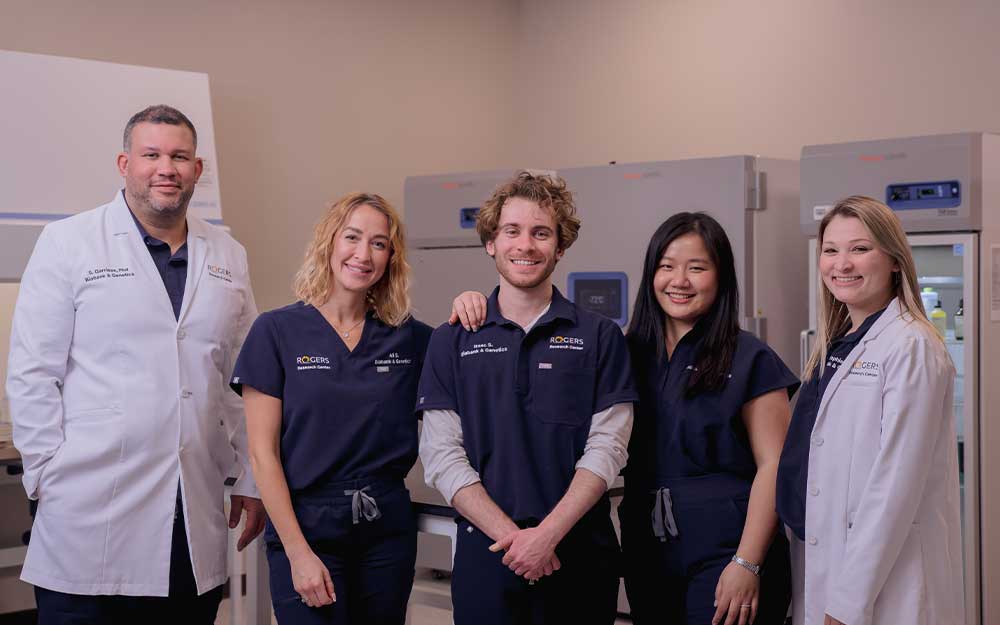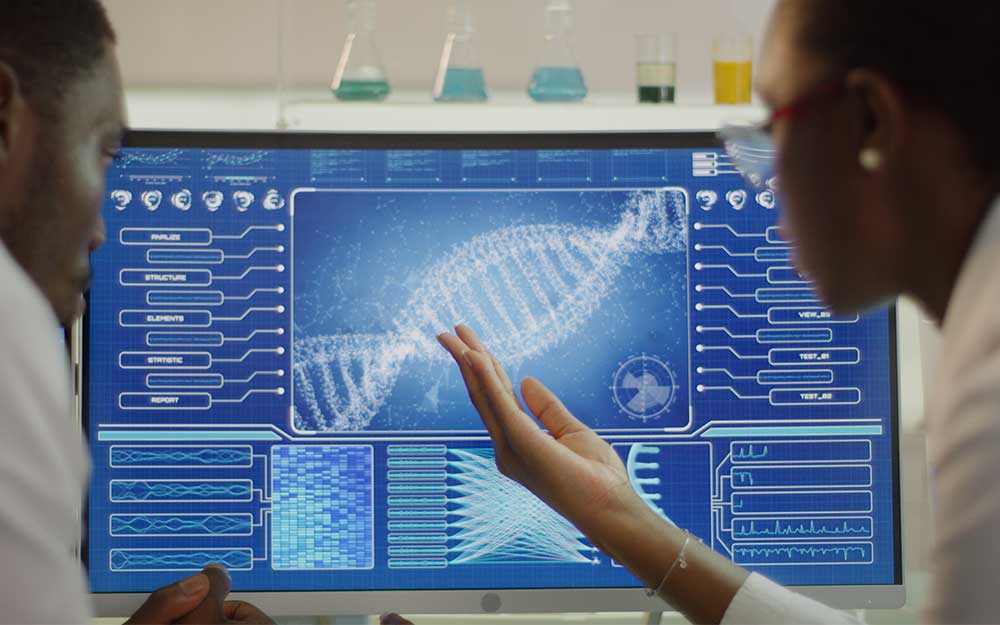
Rogers Research Center
Transforming treatment and understanding of mental health through research
Rogers Behavioral Health, a private, nonprofit provider of behavioral health services, is nationally recognized for specialty psychiatry and addiction services. The Rogers Research Center builds on more than a century of experience in clinical practice.
With the overarching goal of advancing evidence-based practice and improving mental health outcomes through innovation and research, Rogers Research Center’s vision is to become the premier patient-centered mental health research organization in the world.
Treatment Enhancement
Rogers is positioned to collaborate with leaders in the field to explore treatment enhancement with the addition of high-precision, non-invasive stimulation therapy provided by new and improved transcranial magnetic stimulation (TMS) and transcranial direct current stimulation (tDCS).
Our Research teams are exploring CBM (Cognitive Bias Modification) Application in OCD and beyond. Other research foci include collaborative trialing of Selective Serotonin Reuptake Inhibitors (SSRI) and the function and effects of sleep quality in recovery.
Predictive Analytics
Rogers’ growing data infrastructure uniquely positions us to use complex sets of variables to understand our patients at an individual level. Using the power of population-level datasets, we can derive impactful insights into mental health and addiction prediction and treatment strategies. Rogers has long had an interest in creating and employing algorithms to improve the delivery and efficacy of treatment and predict outcomes. Currently, Rogers is utilizing a suicide risk prediction algorithm which was developed internally.
Our vision is to develop real-time models to provide increasingly refined clinical decision support and treatment response predictions.
We are currently exploring telehealth delivery and efficacy and looking forward to expanding our scope of research.
Precision Medicine
Genetics research is an important path toward advanced diagnostics, risk prediction, personalized medicine, and treatment enhancement strategies. Rogers is creating a phenotype-enhanced behavioral health biobank. This dataset will be the first of its kind to include both genotype and phenotype via our item-level patient-reported outcomes data utilizing ROAS (Rogers Online Assessment System). Developed in 2012 specifically for Rogers, ROAS is utilized to assign, manage, and track self-reported clinical assessments.
Rogers’ Research Center Biobank will not only contribute critical data to advance research for the special populations it serves, but also provide treatment teams with vital information about genetic and other molecular factors impacting treatment outcomes of individual patients.
The Rogers Research Center has built three areas of strength: research facilities, access to large-scale data, and an interdisciplinary research team.
Research facilities
Rogers Research Center is headquartered in the Ladish Co. Foundation Center on the Oconomowoc, WI campus. This area includes offices, labs, and shared space for an integrated and interdisciplinary research team.
Central departments include the Biobank, Neuroscience Lab, and Behavioral Lab:
- Biobank - The Biobank is a place to collect and store biological material collected from participants of our genetics research. The Biobank is developing cutting-edge research into the root causes of mental illness and since Rogers serves such a unique population, this data is critical to the research community.
- Neuroscience Lab - The Neuroscience Lab houses our electroencephalography system (EEG) that measures the brainwaves of our research participants to see how their brains respond to certain circumstances. Here we also research transcranial electrical stimulation (tES) as a promising therapeutic tool in psychiatric care.
- Behavioral Lab - The Behavioral Lab is a space to perform assessments or tests to investigate participants' decision-making or behavior as it relates to their mental health.
Access to large-scale data
Building on more than a century of experience in evidence-based clinical practice, Rogers Behavioral Health has been collecting data on patient outcomes using gold standard self-assessments for more than 25 years. Rogers’ proprietary Online Assessment System (ROAS), the program used to assign, manage, and track self-report clinical assessments, is fully integrated into Rogers' electronic medical record.
Currently, there are more than 1 billion discrete data points derived from 2.5 million patient assessments. Acquisition of this data continues electronically, as an average of 1,600 different patients are treated daily throughout the Rogers network of clinics and hospitals.
With the largest OCD and anxiety programs in the world, Rogers has a significant quantity of patient self-report and treatment outcomes data in these areas alone. Daily, Rogers treats more than 300 patients for OCD and anxiety.
Rogers’ patient population is collected across a wide geography.
Interdisciplinary research team
Rogers’ team of scientists and researchers has a broad range of experience spanning areas of neuroscience, data science, and psychology. In addition, our administrative and research support team brings decades of experience and wisdom from different areas of health care and research. Learn more about our research team.
Leadership
-

Kelly Piacsek, PhD
Vice President, Research
Kelly Piacsek, PhD, is the vice president of Research at Rogers Behavioral Health. In her role, Dr. Piacsek is responsible for establishing the Rogers Research Center where she and her team will ...
Read More
Full-time Research Center Investigators
-
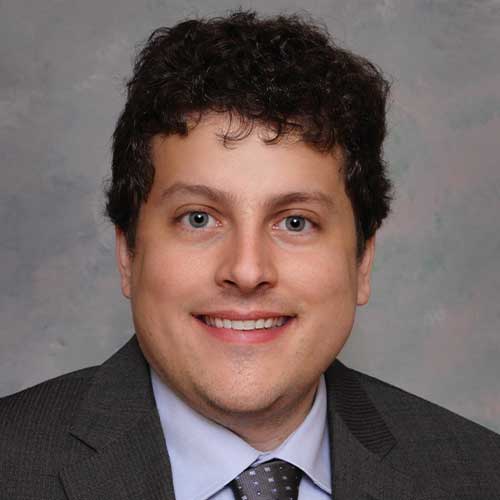
Jeff Engelmann, PhD
Research Psychologist
Jeff Engelmann, PhD, is a Research Psychologist at Rogers Behavioral Health. Dr. Engelmann’s research focuses on understanding brain systems and processes that contribute to addiction and mental ...
Read More -
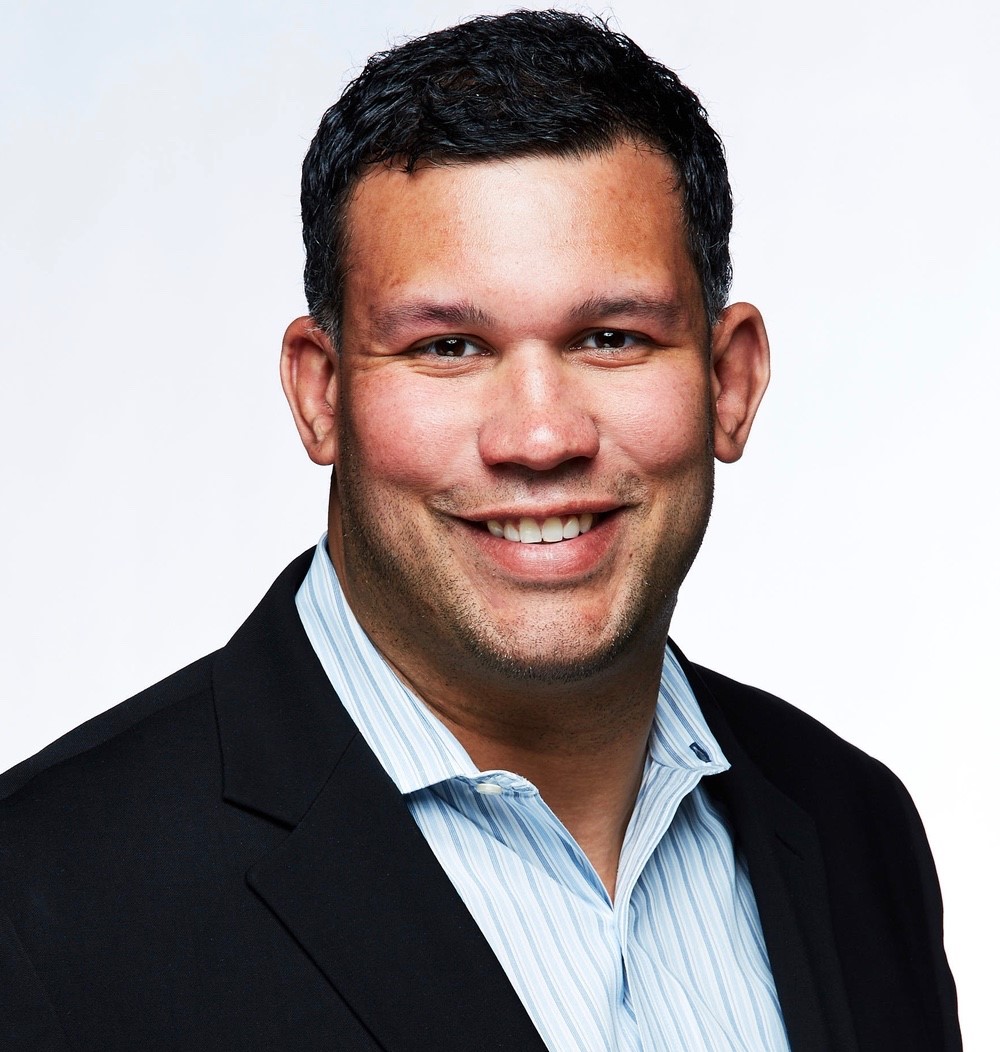
Sheldon Garrison, PhD
Research Scientist
Sheldon Garrison, Ph.D. is a Research Scientist at Rogers Behavioral Health. Dr. Garrison has more than 15 years of experience in health care, the pharmaceutical and life science industries, and ...
Read More -
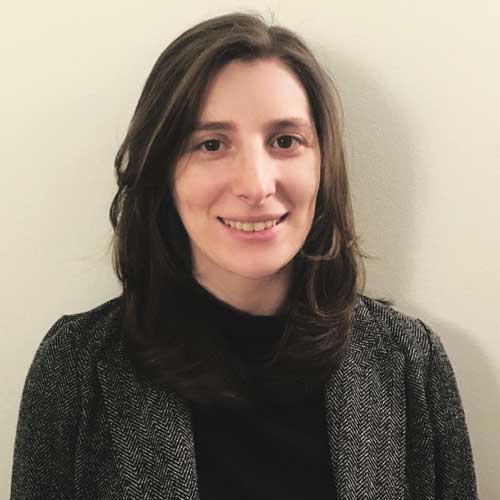
Rachel Schwartz, PhD
Associate Research Psychologist
Rachel Schwartz, PhD, is an Associate Research Psychologist at Rogers Behavioral Health. Dr. Schwartz’s research focuses on improving the efficacy and accessibility of treatments for anxiety and ...
Read More -
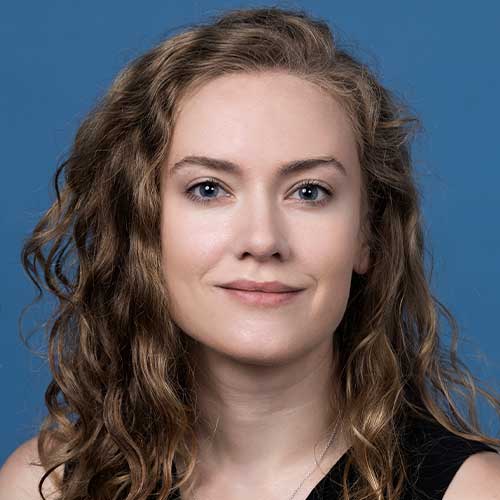
Hana Zickgraf, PhD
Research Psychologist
Dr. Zickgraf’s research focuses on improving the identification, classification, and treatment of eating disorders across the lifespan. Dr. Zickgraf’s previous work has focused on ...
Read More
Rogers Staff Investigators




